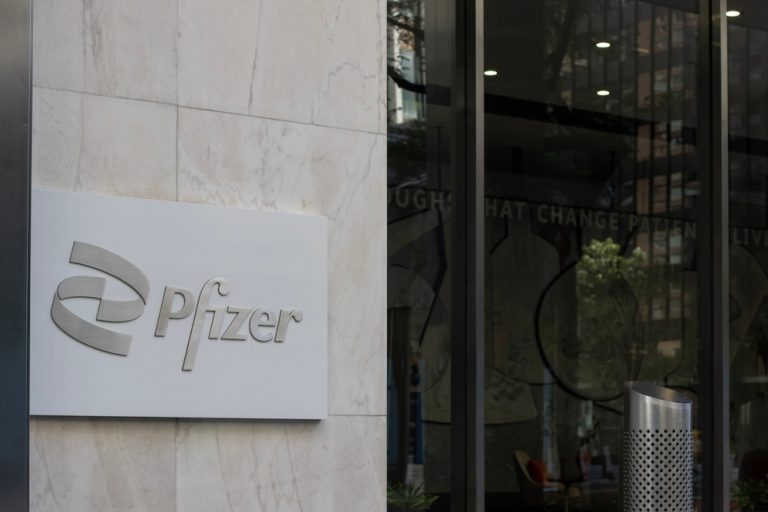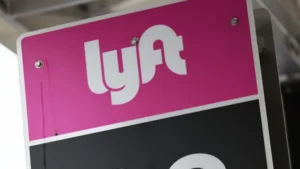In a landmark development, Google has agreed to settle a significant lawsuit in the United States, marking a critical moment for privacy rights and tech company accountability. The lawsuit demanded at least $5 billion in damages and accused Google of violating user privacy by tracking their activities even when they used the “private mode” in browsers. This case highlights the ongoing tension between user privacy and the data collection practices of large technology firms.
Google’s decision to settle came after US District Judge Yvonne Gonzalez Rogers put a trial on hold following an announcement of a preliminary settlement. The lawsuit, initiated by Boies Schiller Flexner in 2020, argued that Google’s tracking of users in “Incognito” mode on Google Chrome and other browsers in private mode was a breach of privacy. Google was accused of becoming an “unaccountable trove of information” on users, a charge at the heart of the ongoing debate about data privacy and technology.
The case was significant enough for Judge Rogers to reject Google’s earlier bid to dismiss it. She contended that she could not agree with Google’s claim that users consented to the collection of browsing data. The terms of the settlement remain undisclosed, but a formal settlement is expected to be presented for court approval by February 2024.
In its defence, Google stated that it had been transparent about the data collected in private viewing modes. The company argued that this data collection is essential for website owners to evaluate the performance of their content, products, marketing, and more. Despite this assertion, the settlement indicates a concession by Google in the face of growing legal and public scrutiny.
This lawsuit is just one of several challenges Google faces regarding its search and digital advertising practices. Earlier this month, the tech giant agreed to pay $700 million to settle another lawsuit by US states accusing it of anti-competitive practices in its Play Store on Android devices. This settlement followed a loss in a US court battle to video game company Epic Games, which sued Google in 2020 for allegedly monopolizing app store markets.
Google’s agreement to settle the $5 billion privacy lawsuit marks a significant moment in the tech world, reflecting the growing legal pressures on large technology firms over privacy and competition practices. As these companies continue to face scrutiny in the US and globally, this case may set a precedent for protecting user privacy and how tech giants are held accountable for their data collection methods.























+ There are no comments
Add yours